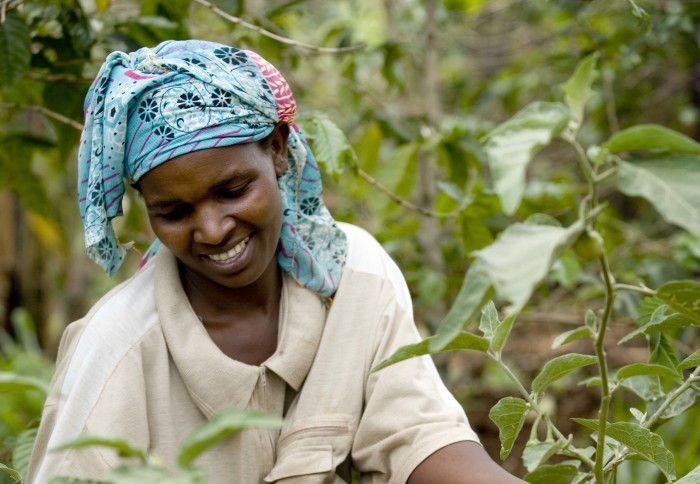

Too many people worldwide lack access to sufficient, safe and nutritious food. As many as 828 million people still go hungry. Many of these people are either smallholder farmers or they depend on their output - 80% of food consumed in developing regions is grown by small-scale farmers. With food demand expected to grow by more than 70% by 2050, there is a need to put in place sustainable food systems that work for smallholders.
Supporting the integration of smallholders into these systems and minimizing their crop losses (up to 40% of which are currently caused by crop pests) can help reduce hunger and increase rural incomes. bwi helps smallholder farmers to improve their crop yields, tackle pests and diseases, and find alternatives to pesticides. With our help, farmers are gaining access to better planting materials and seeds and adopting sustainable agricultural practices.
We work with governments and other stakeholders to influence policies and practices to support farmers’ access to markets, finance and nature-positive solutions. We also apply our expertise in food value chains, trade and digital development to create employment opportunities and improve livelihoods.